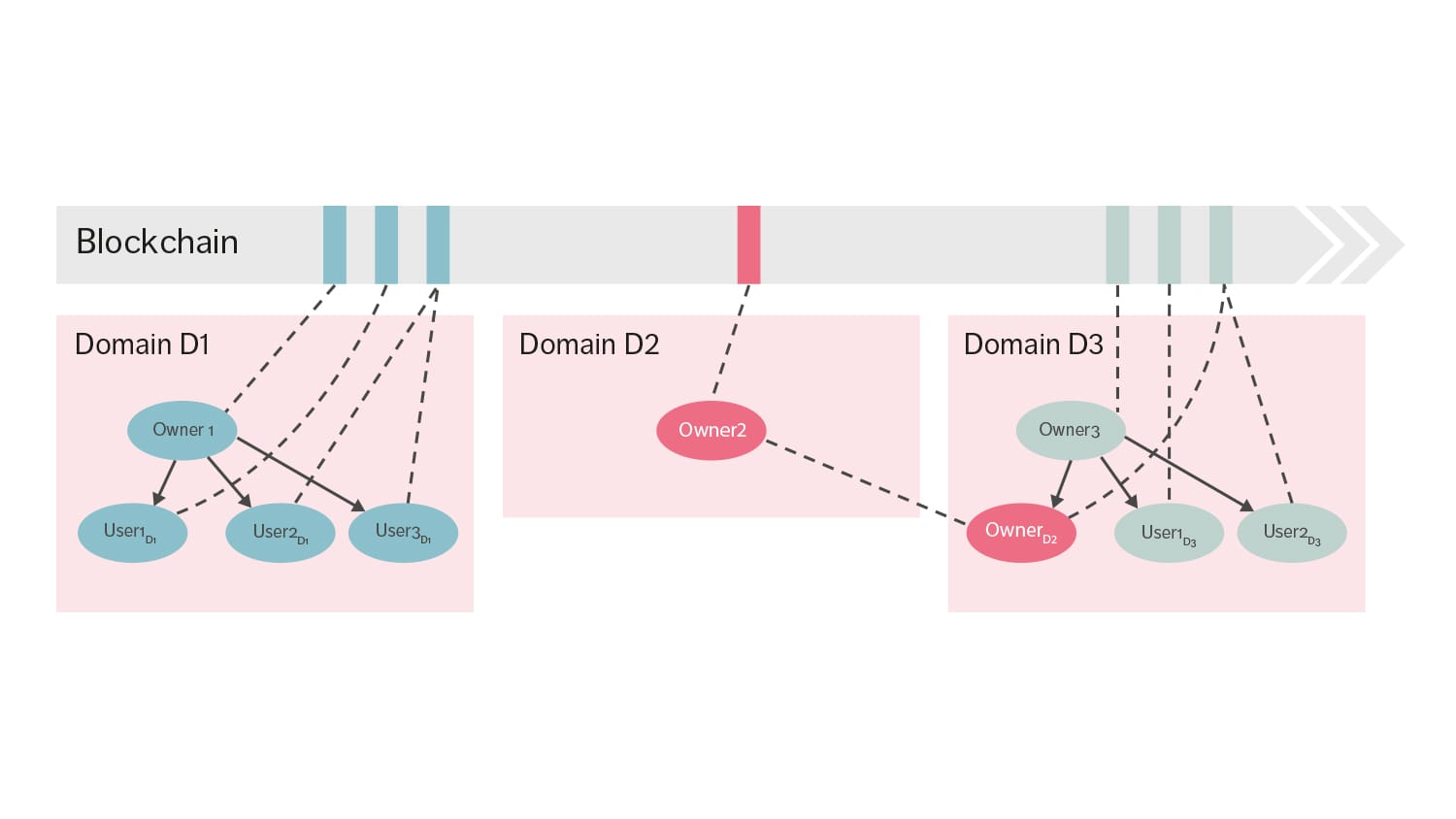Blockchain as a Trust Anchor for Individual AI Agents
Blockchain provides a decentralized platform that can serve as a trust anchor for AI agents. One of the recent use cases for Personalized Marketing and Customer Engagement and Voting Systems is an ecosystem project of Guru Network - Burning Meme

As artificial intelligence (AI) systems become more advanced and autonomous, the need for a secure and reliable framework to establish trust between these AI agents is paramount. Blockchain technology offers a promising solution by serving as a trust anchor that enables transparent, immutable, and decentralized interactions among AI agents.
The Challenge of Trust in AI Systems
Traditional AI systems often operate within closed, centralized environments, relying on a single point of control. This approach raises concerns about the reliability, security, and transparency of these systems. As AI agents become more independent and interact with each other, the need for a trustworthy framework becomes critical to ensure the integrity of their actions and the data they exchange.
Blockchain: A Decentralized Trust Anchor
Blockchain technology provides a decentralized platform that can serve as a trust anchor for AI agents. By leveraging blockchain's key features, such as decentralization, immutability, and transparency, AI agents can establish trust without the need for a central authority.
Key Benefits of Blockchain as a Trust Anchor for AI Agents:
- Decentralized Consensus: Blockchain enables AI agents to reach consensus on the validity of transactions and data through a decentralized network of nodes. This eliminates the need for a single point of failure or control, ensuring that no single entity can manipulate the system.
- Immutable Transactions: Once recorded on the blockchain, transactions and data become immutable, preventing tampering or unauthorized modifications. This ensures the integrity of the information exchanged between AI agents, fostering trust in the system.
- Transparency: The transparent nature of blockchain allows AI agents to verify the authenticity of transactions and the identities of counterparties. This transparency enables AI agents to make informed decisions based on the available information, reducing the risk of fraudulent activities.
- Secure Identity Management: Blockchain-based identity management systems enable AI agents to securely store and verify their identities, reducing the risk of impersonation and enhancing overall security.
Example from Ericsson:

- Smart Contracts: Blockchain-based smart contracts can automate the execution of agreements between AI agents, ensuring that predefined conditions are met before transactions are processed. This feature reduces the need for manual intervention and enhances the reliability of the system.
Use Cases of Blockchain as a Trust Anchor for AI Agents
- Decentralized Marketplaces: AI agents can participate in decentralized marketplaces built on blockchain, where they can securely buy and sell services or resources without the need for intermediaries. The blockchain serves as a trust anchor, ensuring fair and transparent transactions.
- Collaborative Decision-Making: AI agents can use blockchain to reach consensus on complex decisions that require input from multiple parties. The immutable and transparent nature of the blockchain ensures that all agents have access to the same information and that decisions are made based on a shared understanding.
- Intellectual Property Protection: AI agents can help manage and protect intellectual property rights by using blockchain to create a secure and verifiable record of ownership. This can be particularly useful in creative industries, where AI can track the use of copyrighted materials and ensure that creators receive appropriate compensation.
- Financial Services and Fraud Detection: AI agents can analyze transaction patterns in real-time to detect fraudulent activities. By leveraging blockchain's immutable ledger, these agents can cross-reference transaction data with historical records to identify anomalies, thus enhancing security in financial transactions and building trust in digital finance.
- Personalized Marketing and Customer Engagement: AI agents can analyze consumer behavior and preferences to deliver personalized marketing strategies. By using blockchain to secure customer data and preferences, businesses can ensure that consumer information is handled transparently and ethically, fostering trust and enhancing customer relationships.
- Voting Systems: AI agents can be employed in secure voting systems where blockchain ensures the integrity and anonymity of votes. By recording each vote on a tamper-proof ledger, AI can analyze voting patterns and ensure compliance with electoral regulations, thus enhancing trust in democratic processes.
One of the recent use cases for Personalized Marketing and Customer Engagement and Voting Systems is an ecosystem project of Guru Network - Burning Meme, where it is showcased for any other project or blockchain, interested in user engagement and retention.
Read more at How AI and User Orchestration Works for Burning Meme.
As AI systems become more advanced and autonomous, the need for a secure and reliable framework to establish trust between these agents is crucial. Blockchain technology offers a promising solution by serving as a trust anchor that enables transparent, immutable, and decentralized interactions among AI agents.
By leveraging blockchain's key features, AI agents can establish trust without the need for a central authority, paving the way for more secure and efficient AI-driven systems.
